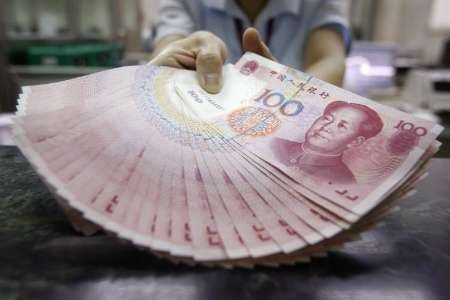China's inflation soars as markets ponder over policymakers' intentions

China is stepping up its efforts to contain inflation, even as the latest economic report indicates that inflation hovers around a 28-year high of 5.1 percent in November.
The priority is to actively and properly handle the relations between maintaining steady and relatively fast economic growth, economic restructuring and managing inflation expectations, according to a statement released after the high-profile Central Economic Work Conference, announced on Xinhua.
The conference also reaffirmed the recently introduced prudent monetary and pro-active fiscal policy for 2011.
The Chinese government has previously announced several measures to contain food and commodity price hikes, one of the major reasons for the spike in inflation.
Food prices rose 11.7 percent from last year, and from 10.1 percent in October. Non-food inflation also rose 1.9 percent in November.
But recent policy moves and official statements, including that from this weekend's high-level policy meeting, give the strong impression that the government believes inflation is under control, Mark Williams, a senior economist at Capital Economics, said in a note.
Clothing and residential prices saw their biggest single-month increases since 1996, he added.
The main component here is utility prices, which are broadly under government control. Officials have stressed their desire to raise energy prices over the medium term but it is a surprise that these prices are rising so fast at a time when inflation concerns are so high, Williams added.
People's Bank of China, the country's central bank, has also raised reserve ratios three times in the past five weeks and economists are also expecting further increases in interest rates.
However, Williams does not believe that China's policymakers are in a hurry to raise interest rates.
China has kept its currency largely undervalued over the past few months against the dollar as it continues to benefit from its vast export surplus. However, given the high rates of inflation and pressure from the U.S. and the European Union, the Chinese yuan has begun to appreciate over the past couple of months.
The announcement in November of a second round of quantitative easing by the U.S. Federal Reserve weakened the dollar further, resulting in more questions about the value of the Chinese yuan.
China's officials may not share market concerns that inflation could be spiraling out of control, Williams said.
Indeed, what tightening has been introduced recently, in the form of RRR increases, has been offset by steady injections of funds into the banking system by the People's Bank, which implies that RRR moves are being used primarily as a signalling tool, he added.
China could still raise interest rates before the end of the year, Williams conceded, adding that he expects inflation to drop back in December and stabilize over the next few months.
If that occurs, policymakers might not tighten policy dramatically, he added.
© Copyright IBTimes 2024. All rights reserved.





















